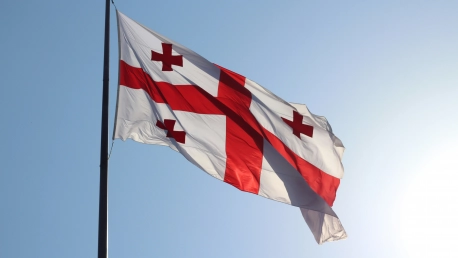The United Nations Human Rights Chief, Volker Türk, has recently voiced his deep concerns over the adoption of the “Law on Transparency of Foreign Influence” by the Parliament of Georgia. This contentious piece of legislation requires organizations that receive more than 20 percent of their funding from international sources to register as entities working in the interest of foreign entities. Such a law, according to Türk’s statement, severely undermines the freedoms intrinsic to a healthy civil society, including the freedom of expression and the freedom of association.In the face of sustained warnings from various human rights groups and civil society organizations, Georgian lawmakers have welcomed the law with open arms. This, Türk notes, could have dire consequences on the efficacy of these organizations, possibly constraining their activities significantly. What worries the rights chief further is the prospect of this law fostering an atmosphere ridden with fear, suspicion, and hostility targeted against these non-governmental groups.









